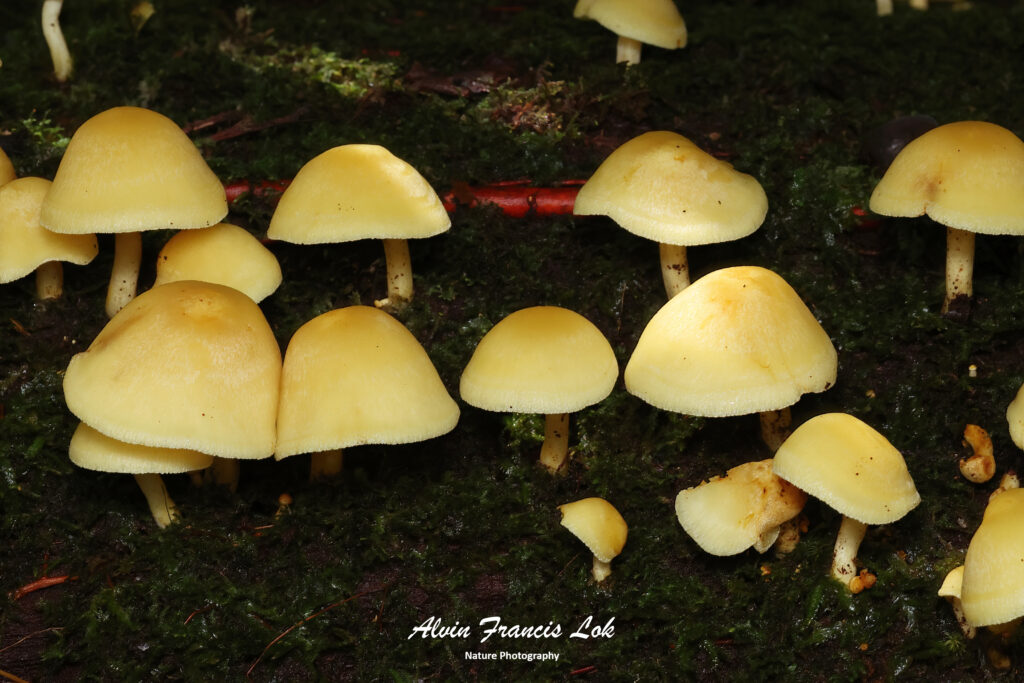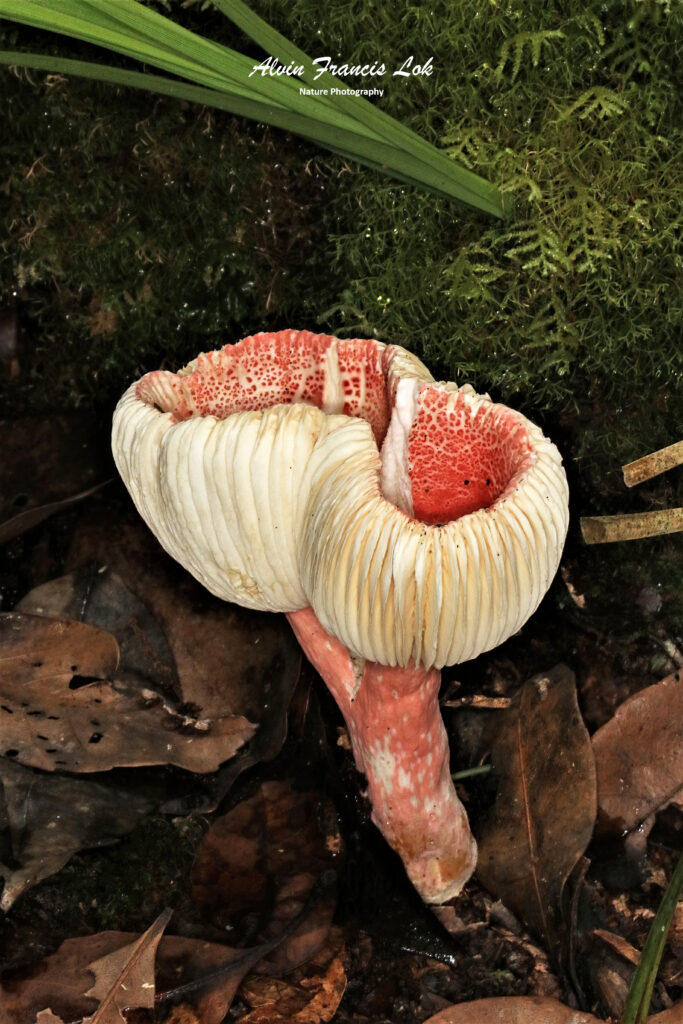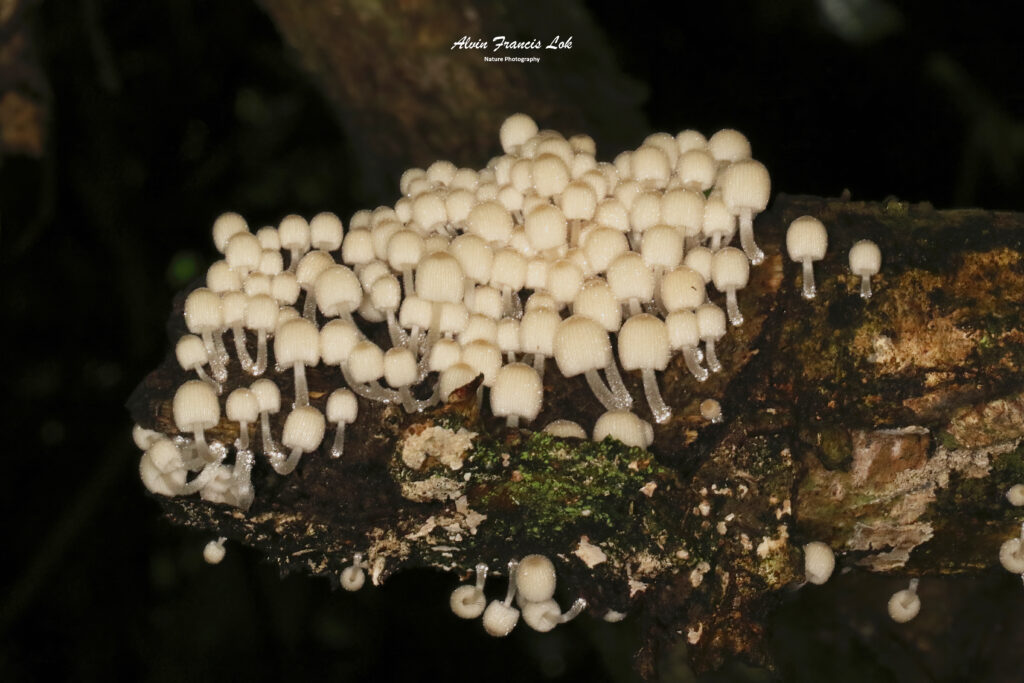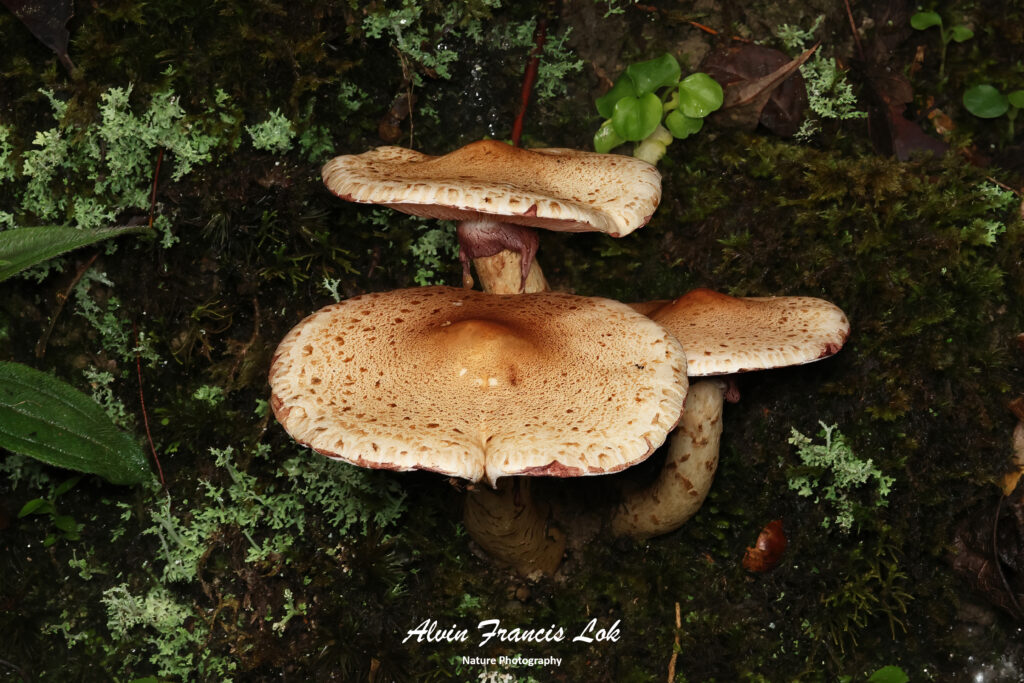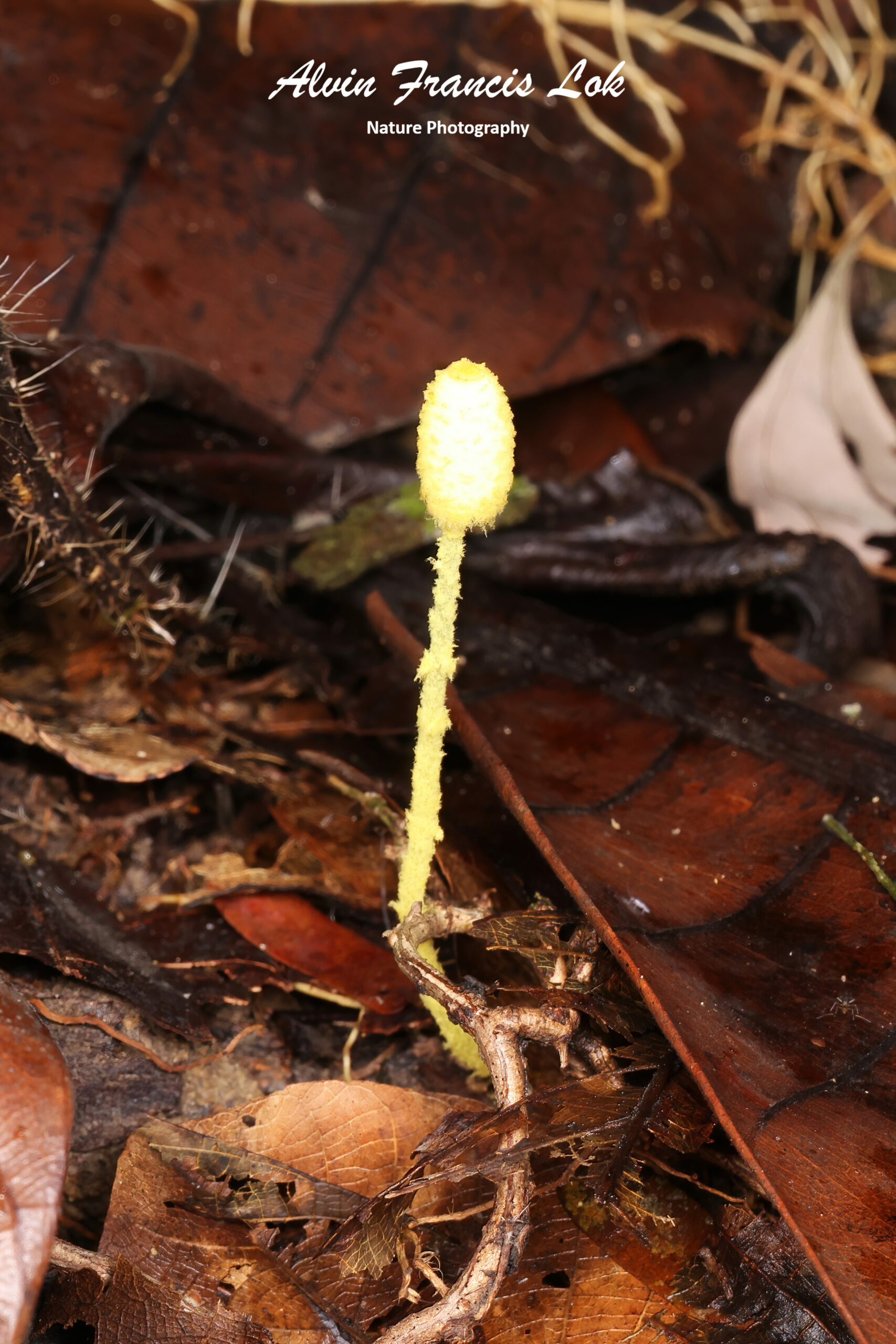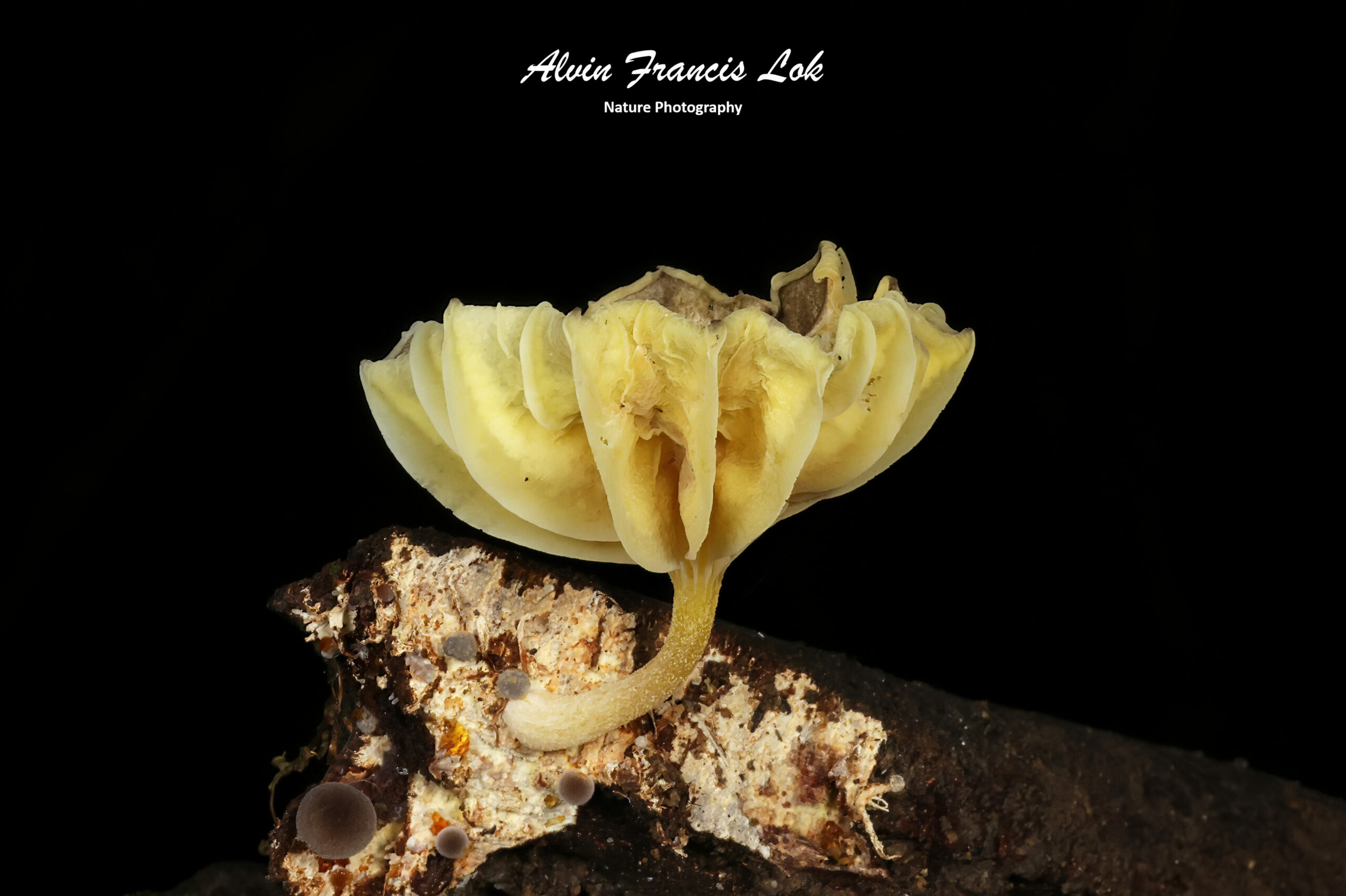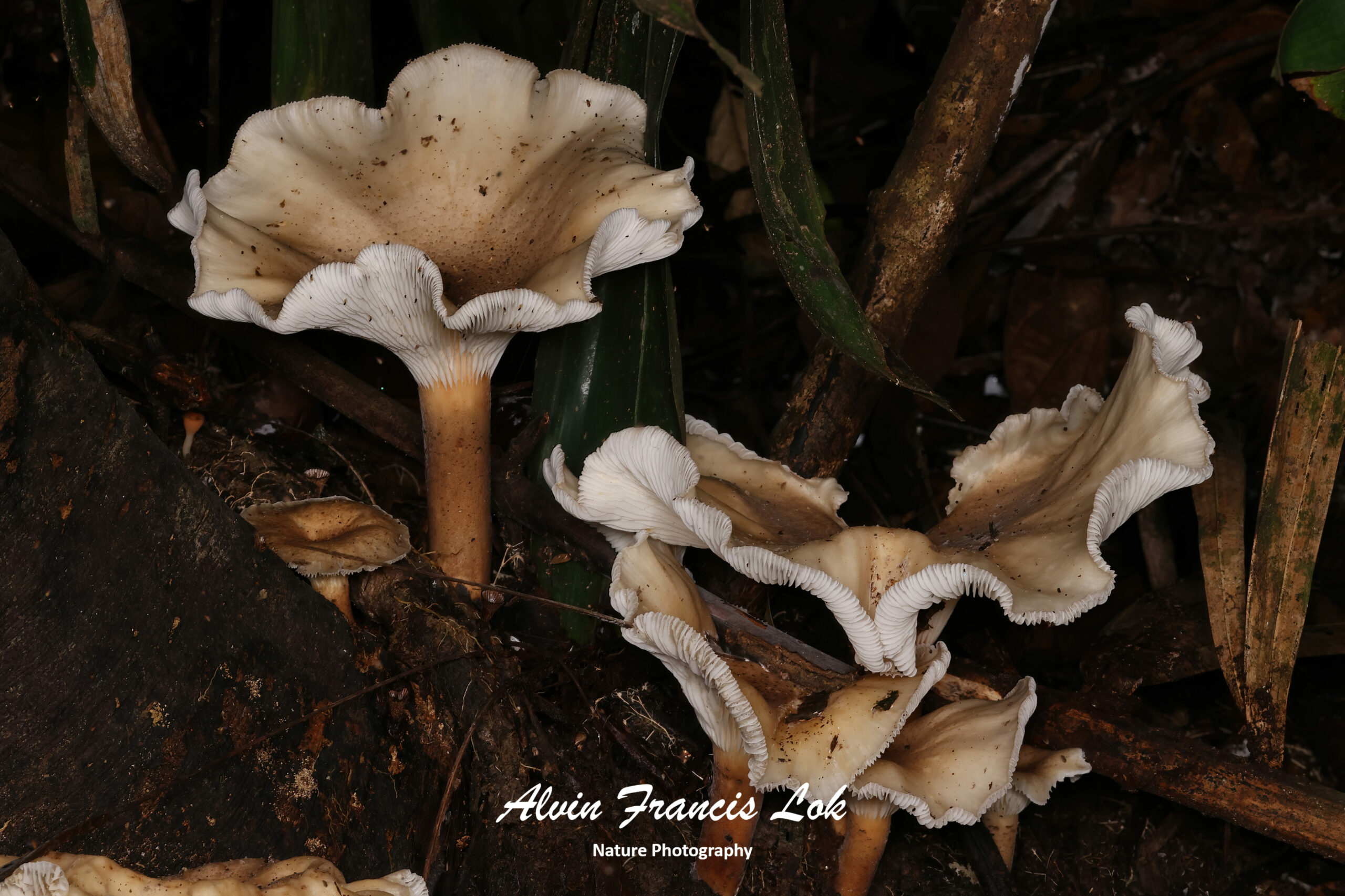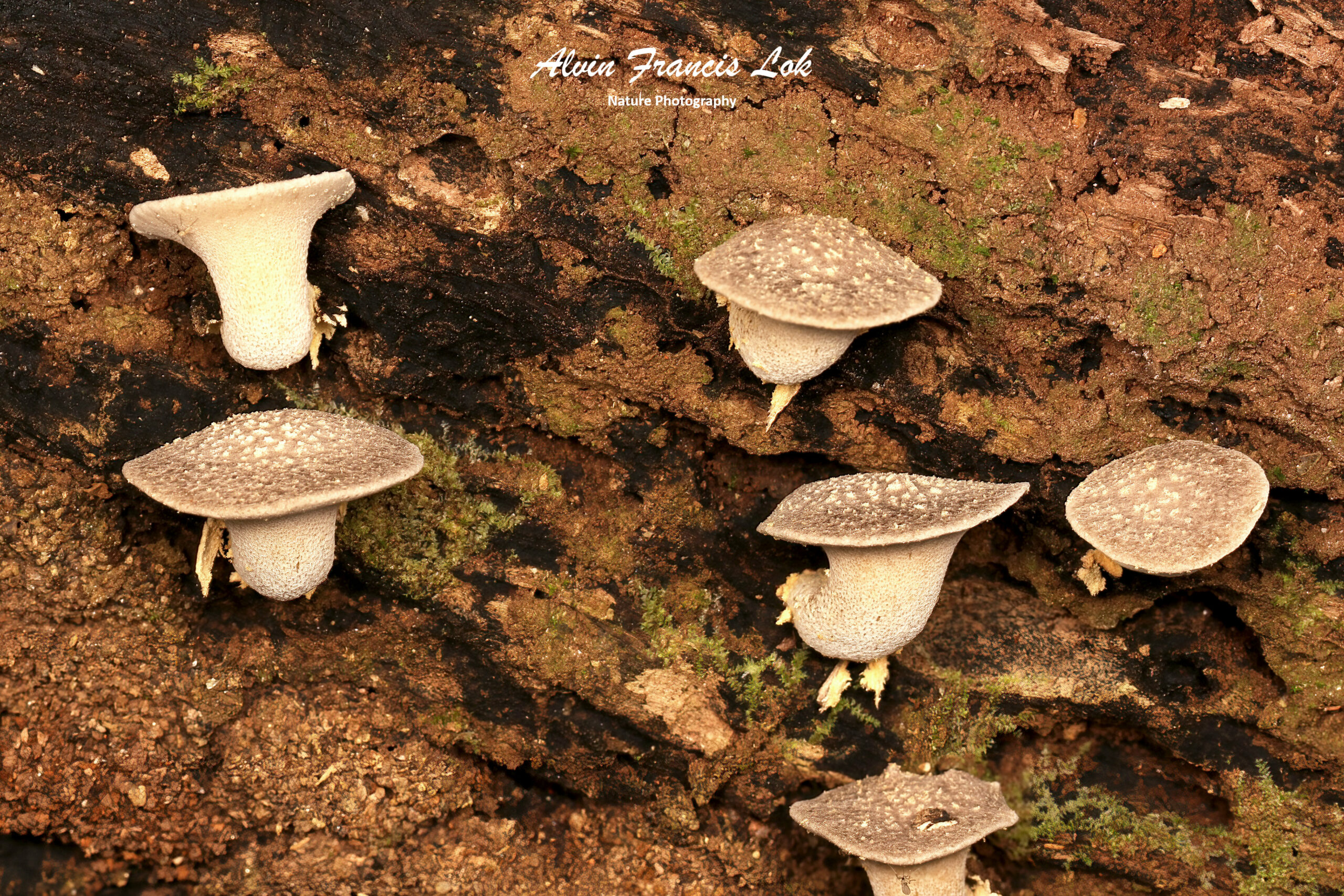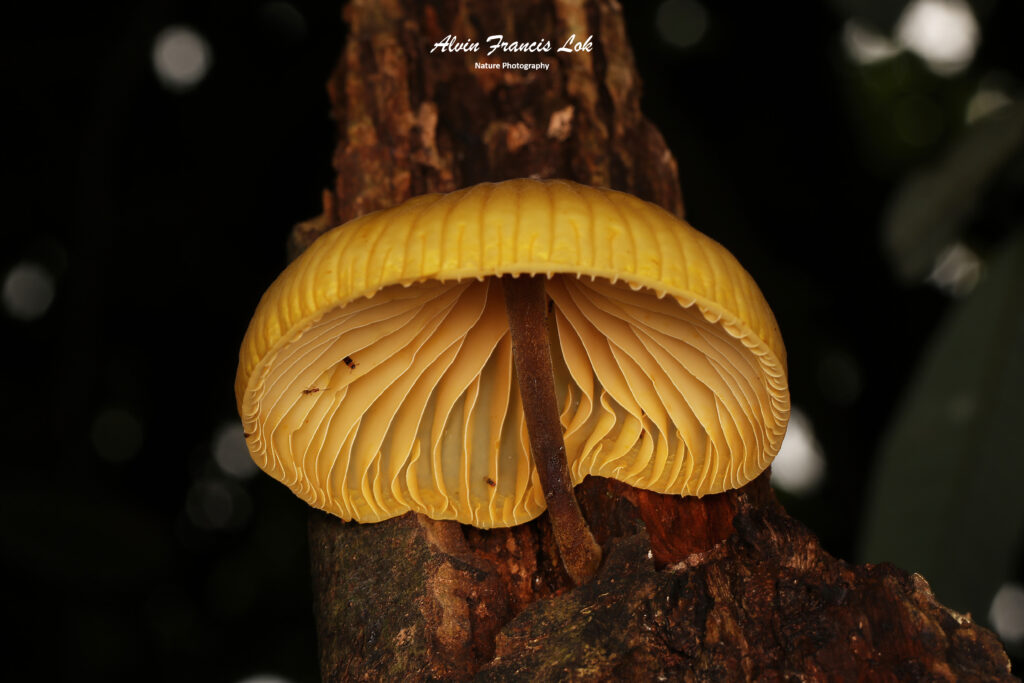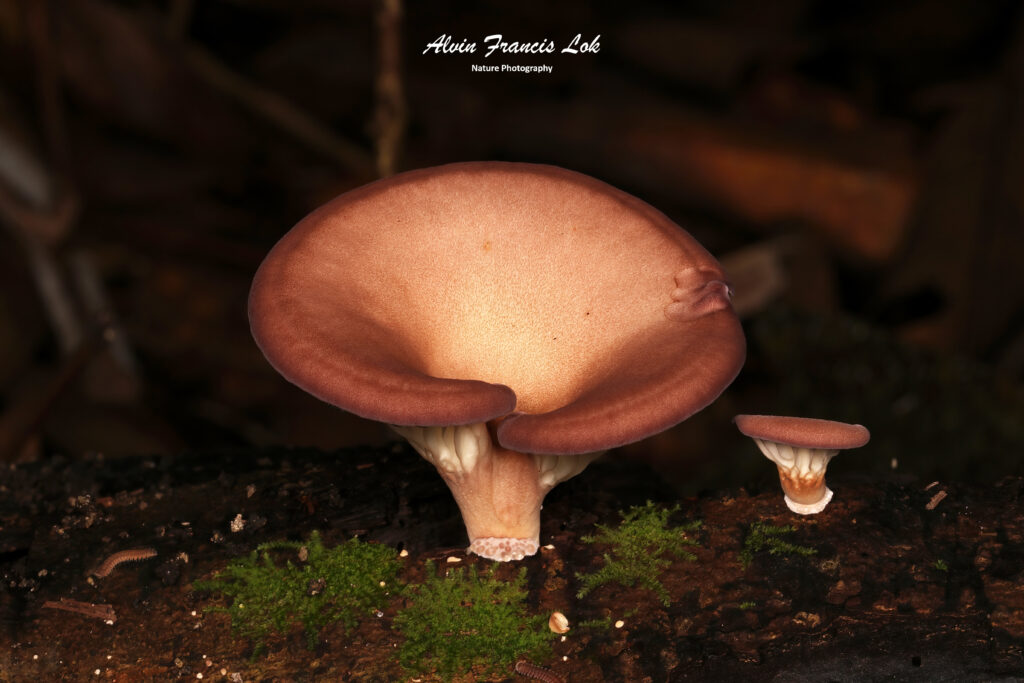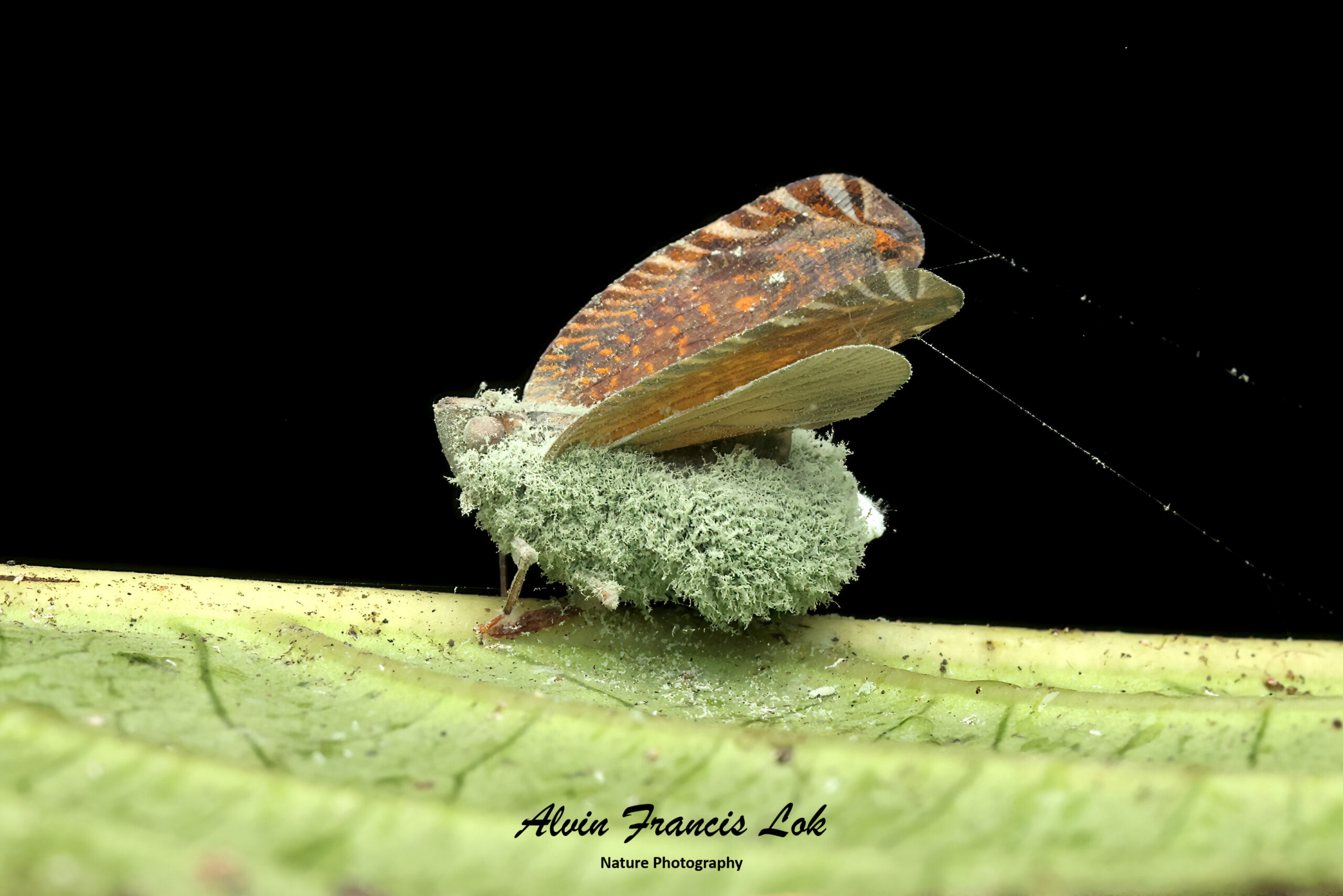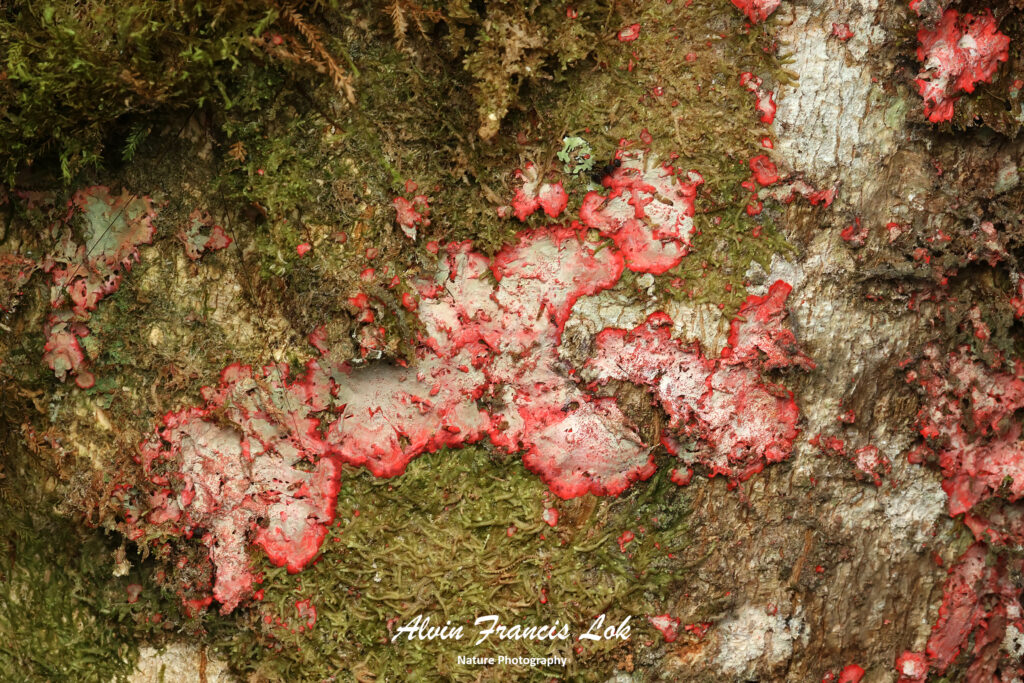A fungusis any member of the group of eukaryotic organisms that includes microorganisms such as yeasts and molds, as well as the more familiar mushrooms. These organisms are classified as one of the traditional eukaryotic kingdoms.
A characteristic that places fungi in a different kingdom from plants, bacteria, and some protists is chitin in their cell walls. Fungi, like animals, are heterotrophs, as they do not photosynthesize. Fungi are the principal decomposers in ecological systems.
Abundant worldwide, most fungi are inconspicuous because of the small size of their structures, and their cryptic lifestyles in soil or on dead matter. Fungi include symbionts of plants, animals, or other fungi and parasites. They may become noticeable when fruiting, either as mushrooms or as molds. Fungi perform an essential role in the decomposition of organic matter and have fundamental roles in nutrient cycling and exchange in the environment. They have long been used as a direct source of human food, in the form of mushrooms and truffles, as a leavening agent for bread, fermentation of various food products, such as wine, beer, and soy sauce. Since the 1940s, fungi have been used to produce antibiotics, and, more recently, various enzymes produced by fungi are used industrially and in detergents. Fungi are also used as biological pesticides to control weeds, plant diseases, and insect pests.
The fungus kingdom encompasses an enormous diversity of taxa with varied ecologies, life cycle strategies, and morphologies ranging from unicellular aquatic chytrids to large mushrooms. However, little is known of the true biodiversity of the fungus kingdom, which has been estimated at 2.2 million to 3.8 million species. Of these, only about 148,000 have been described,[ with over 8,000 species known to be detrimental to plants and at least 300 that can be pathogenic to humans.
Source: Wikipedia
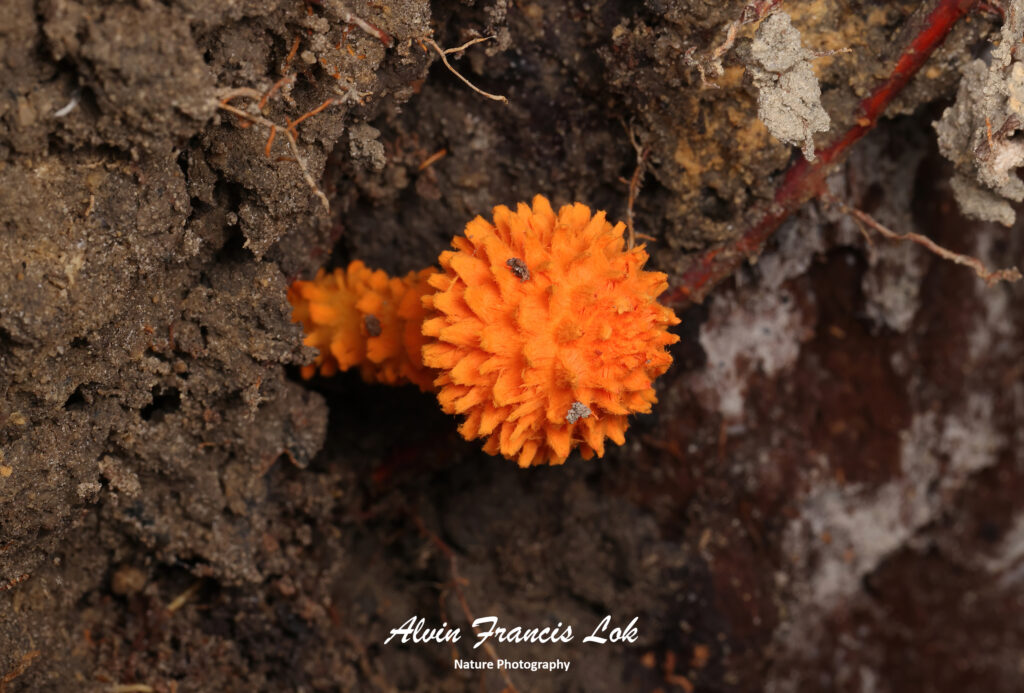
(Singapore)
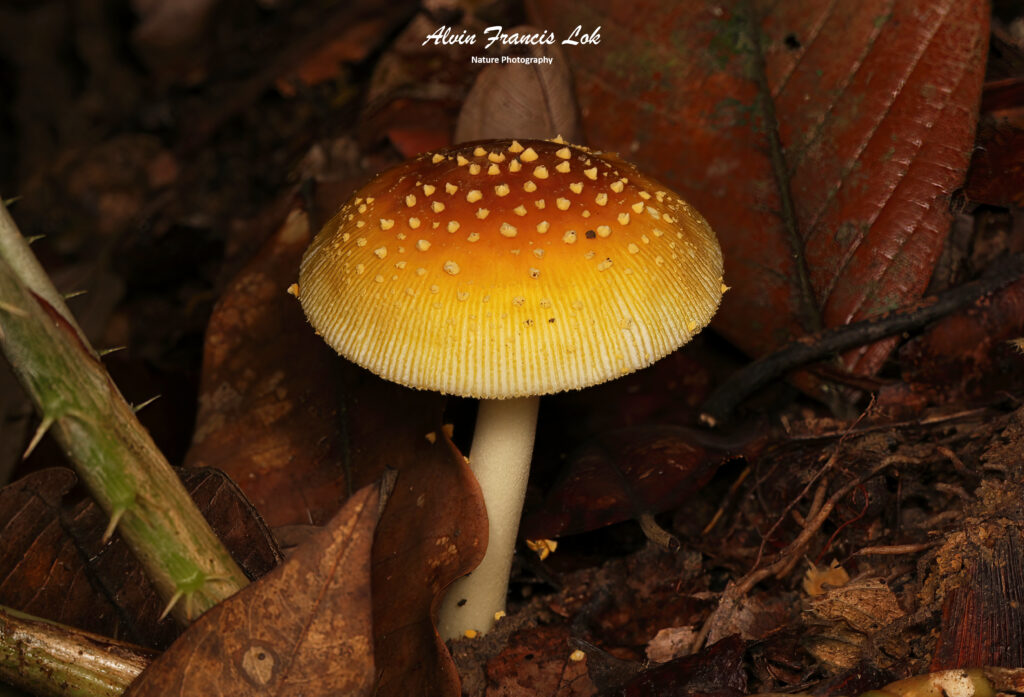
(Singapore)

(Singapore)

(Singapore)
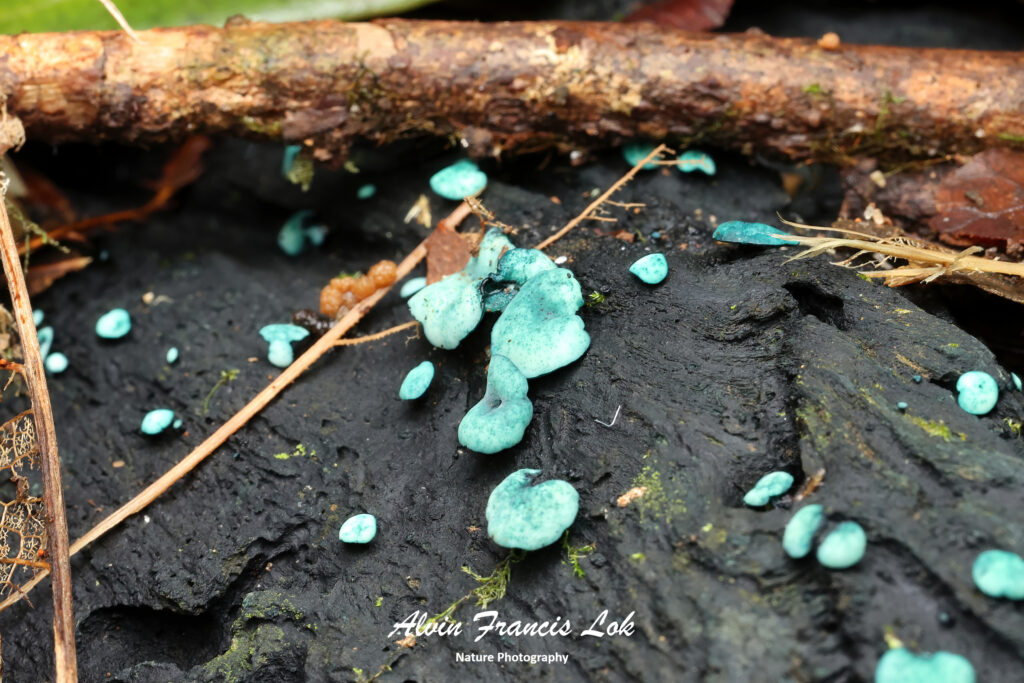
(Doi Inthanon NP, Thailand)

(Sabah, Malaysia)

(Sabah, Malaysia)
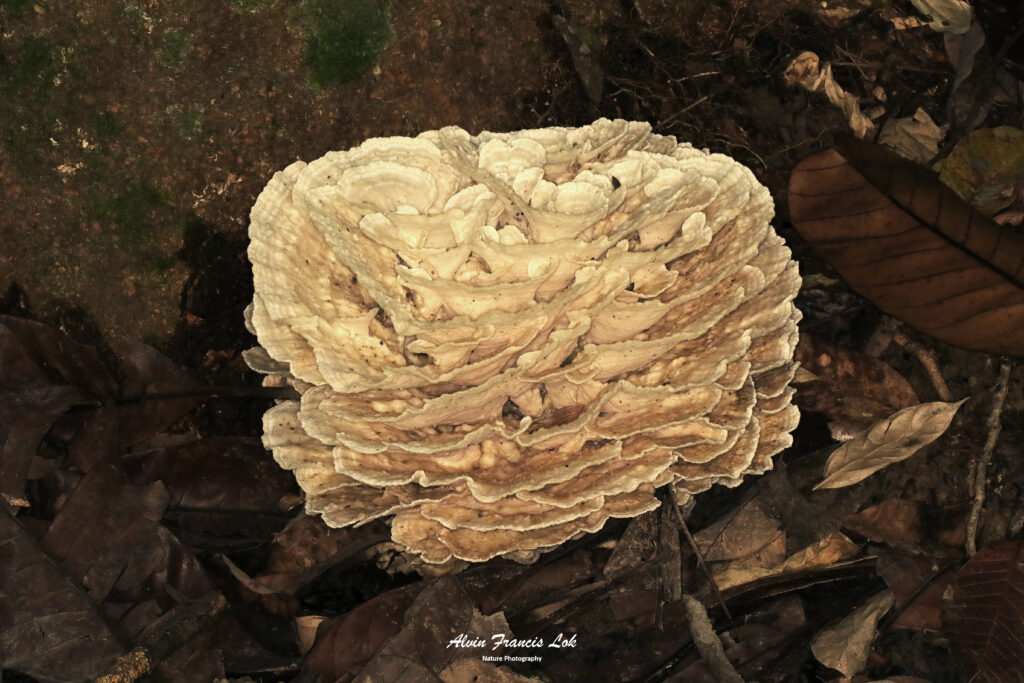
(Singapore)

(Singapore)

(Singapore)
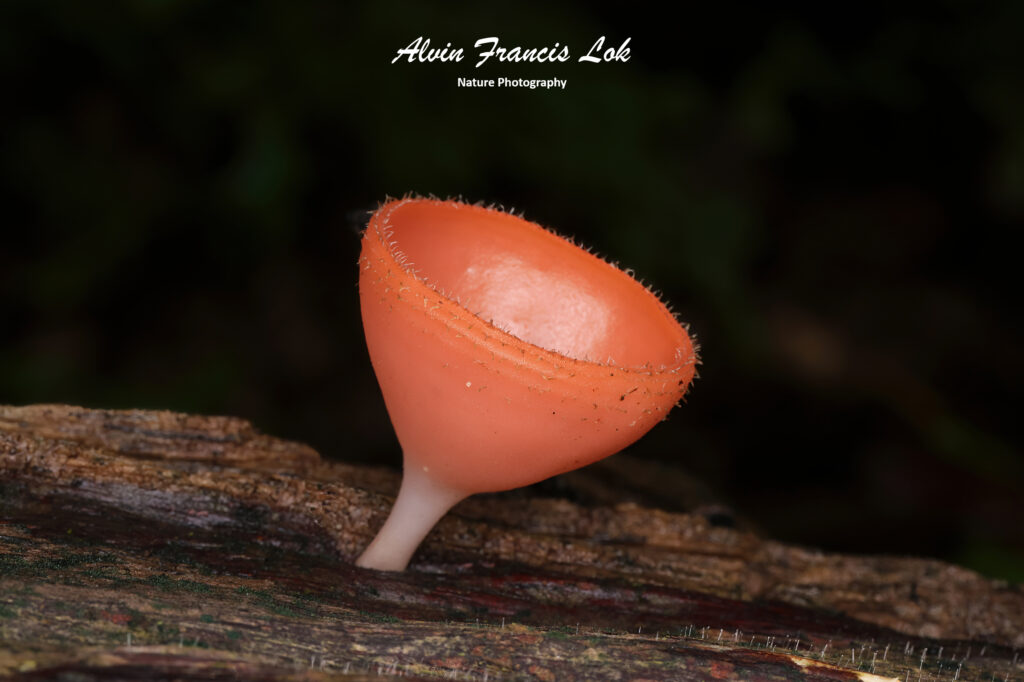
(Khao Sok NP, Thailand)
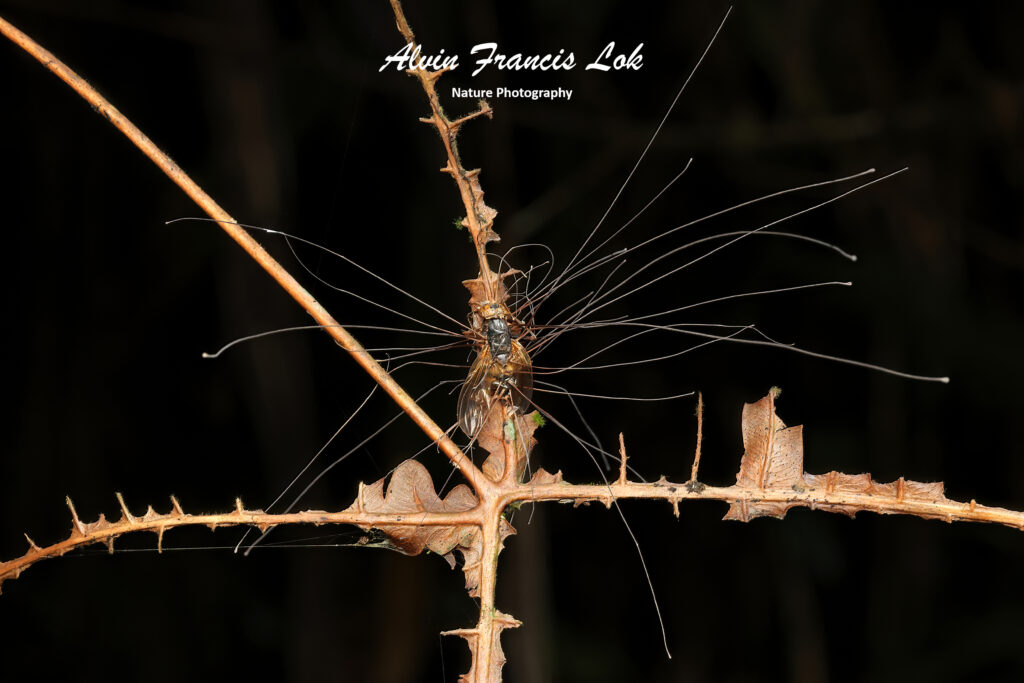
(Kinabalu, Malaysia)

(Singapore)

(Singapore)

(Singapore)

(Singapore)
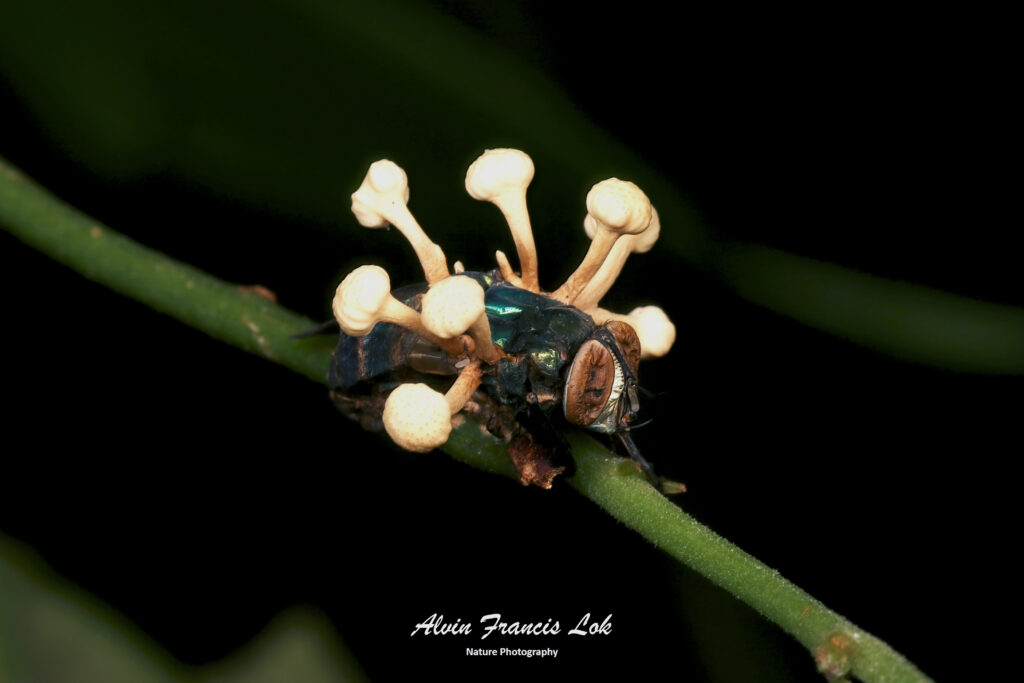
(Singapore)

(Sarawak, Malaysia)
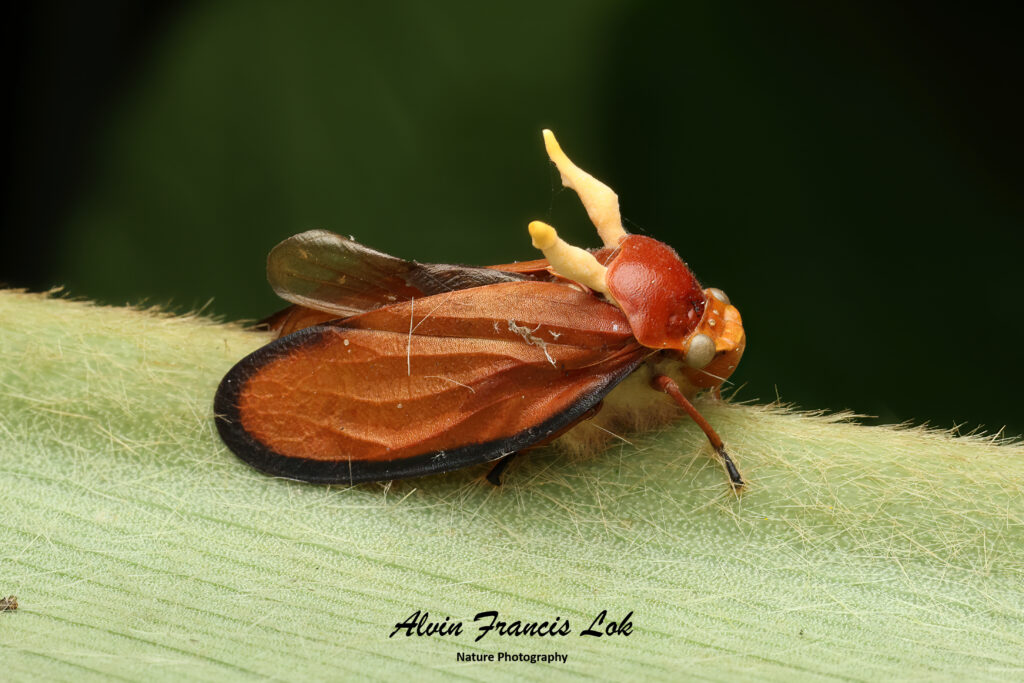
(Andasibe, Madagascar)
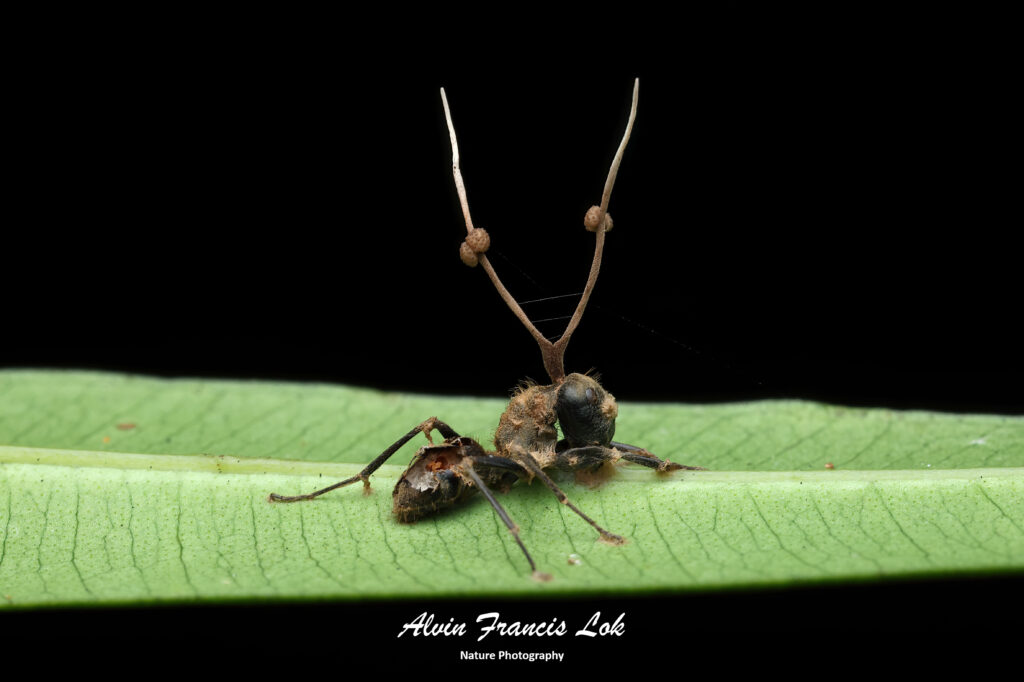
(Singapore)
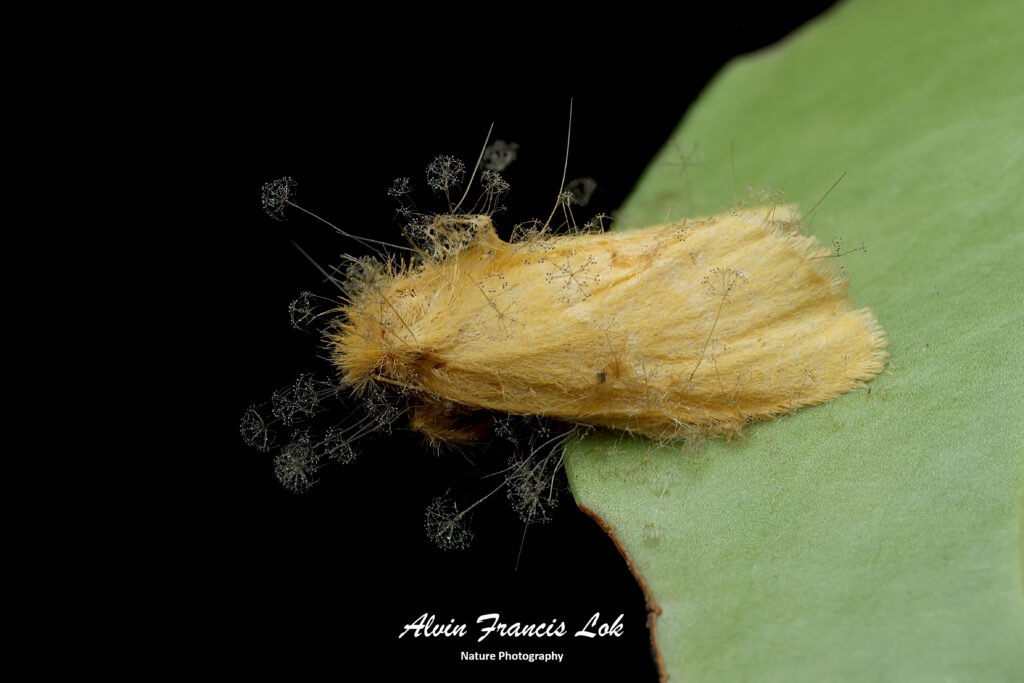
(Singapore)
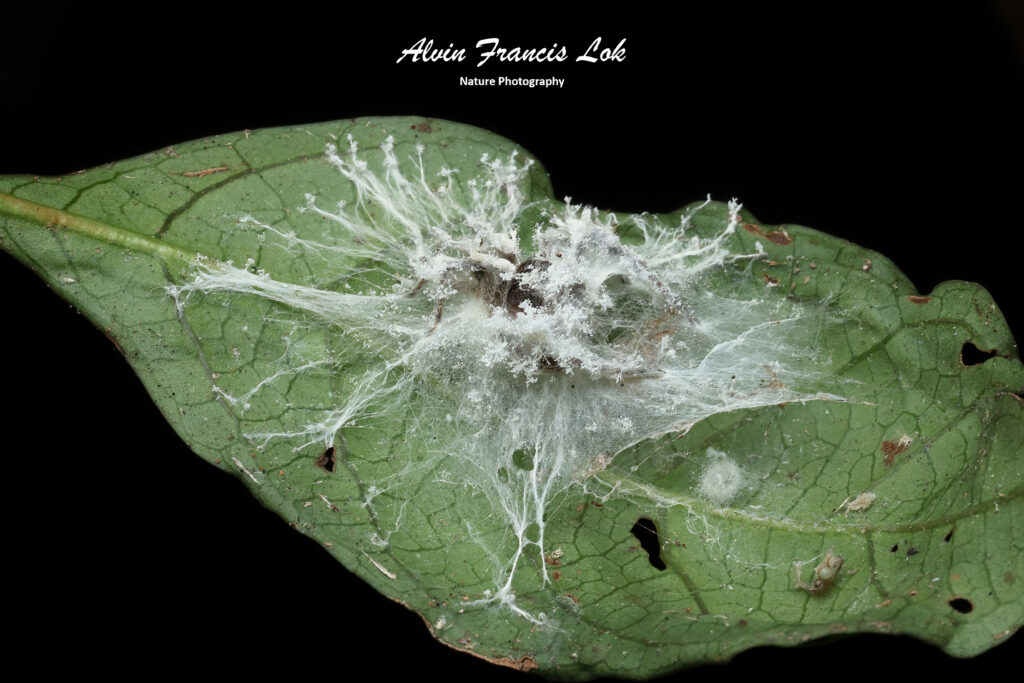
(Singapore)
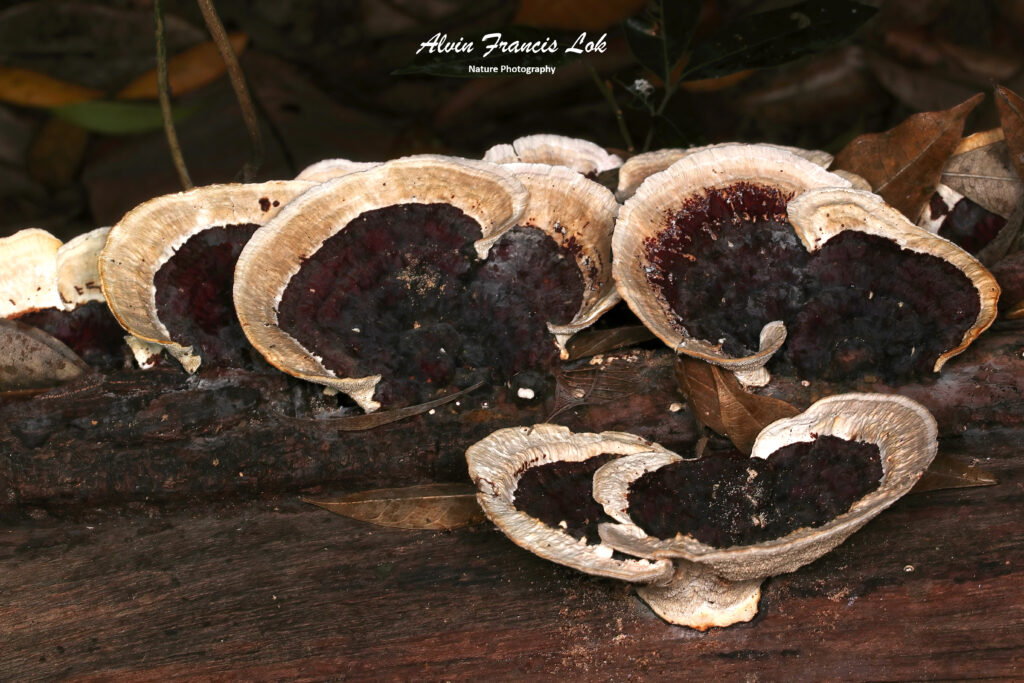
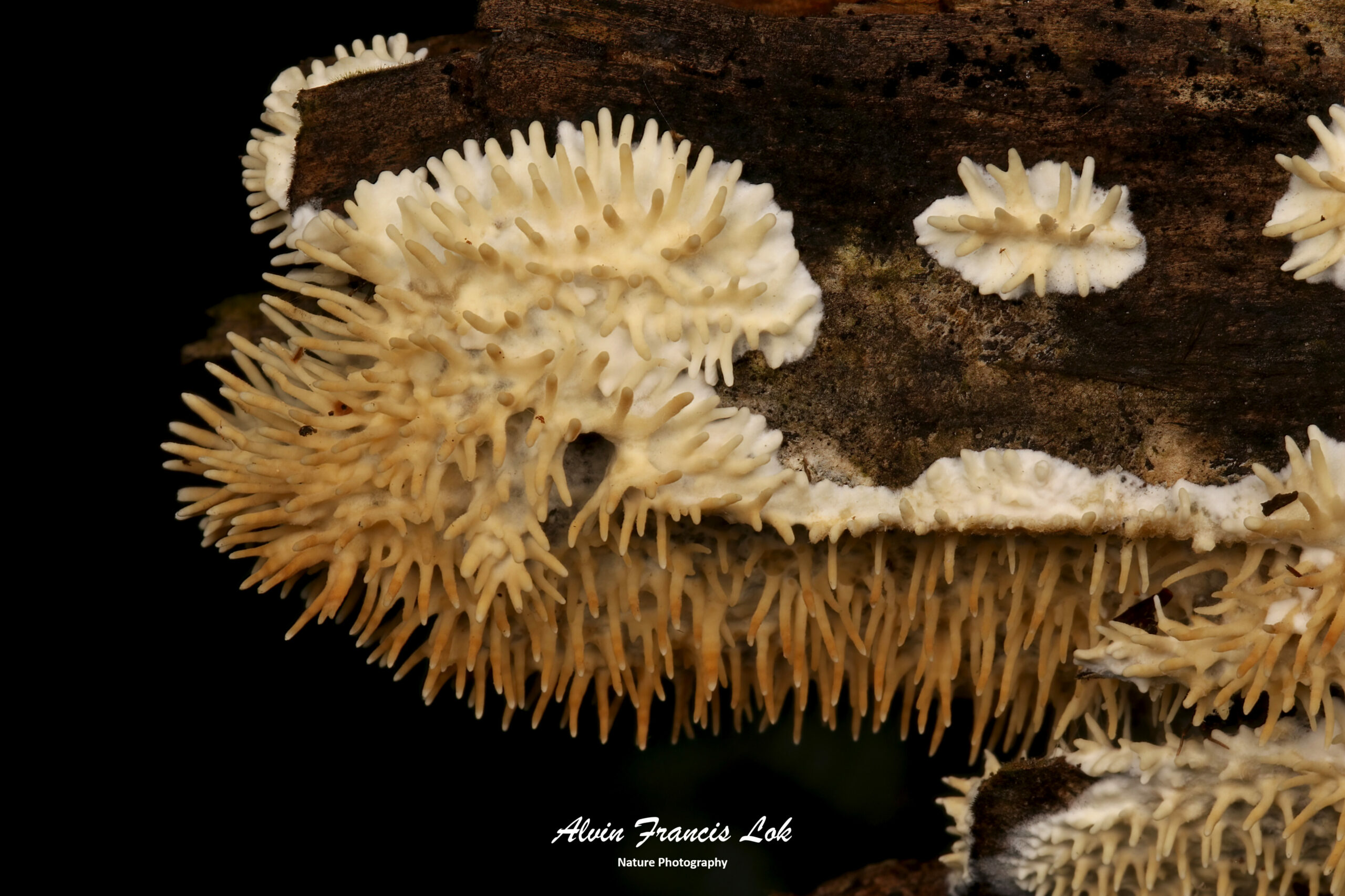
(Singapore)
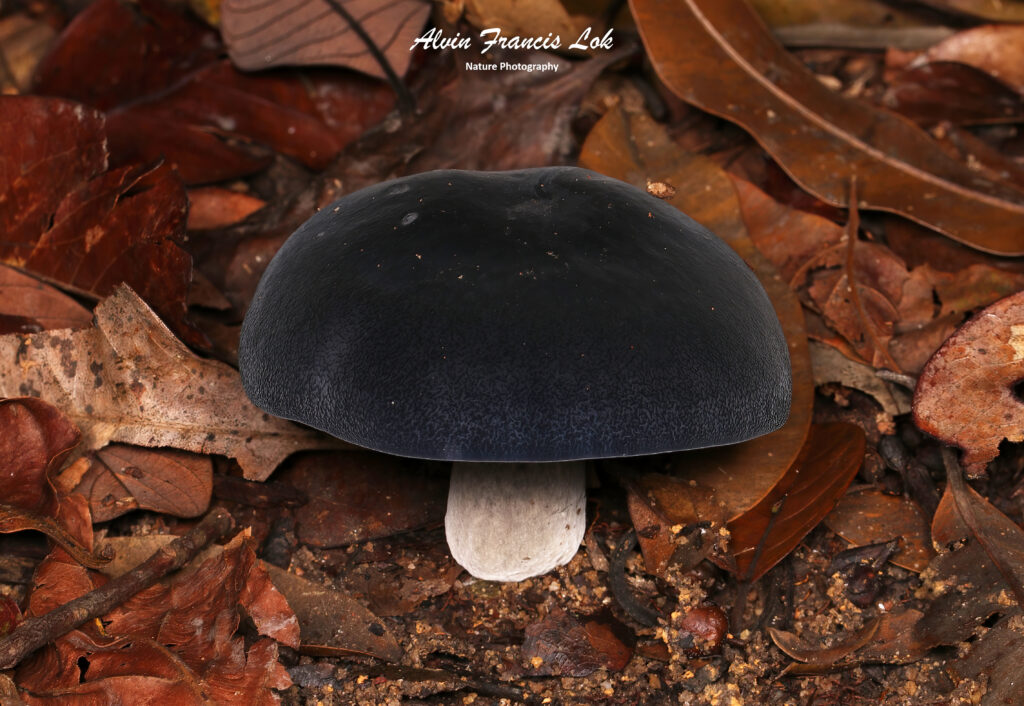
(Singapore)

(Singapore)

(Singapore)

(Singapore)
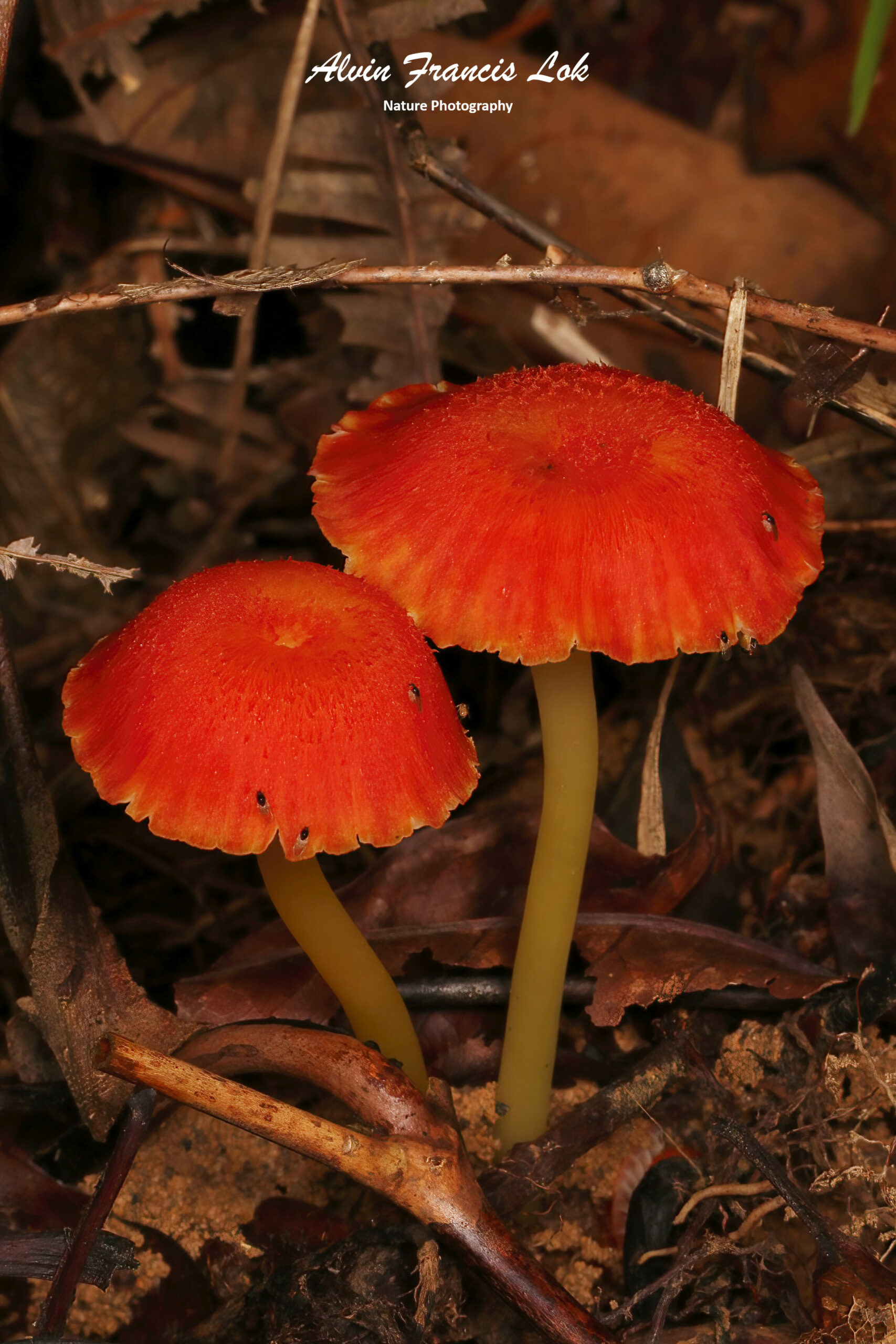
(Singapore)
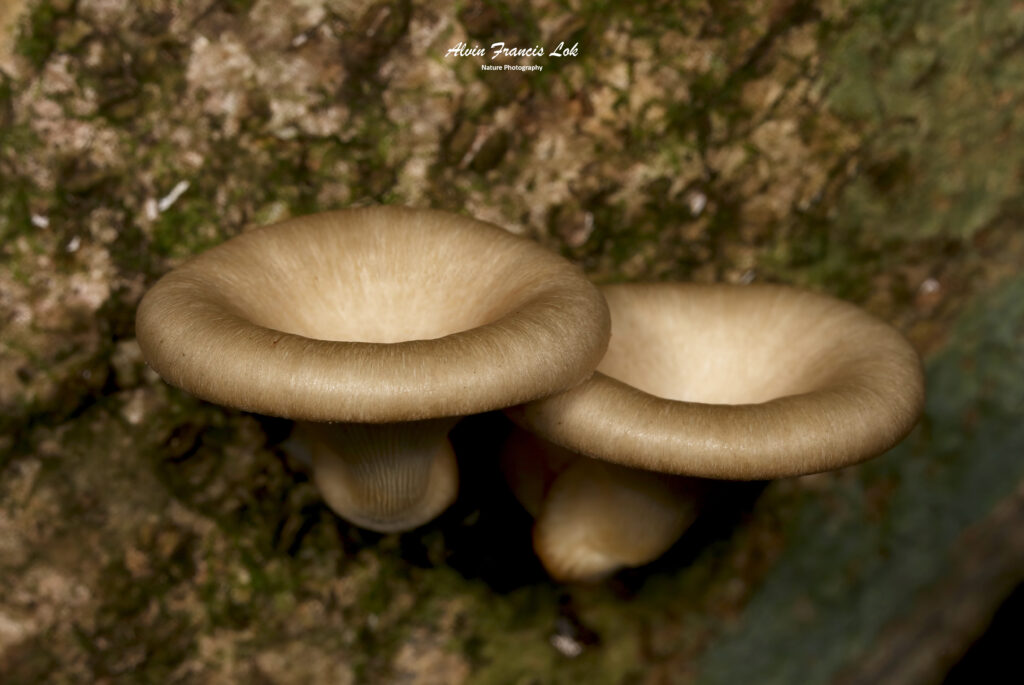
(Singapore)

(Singapore)
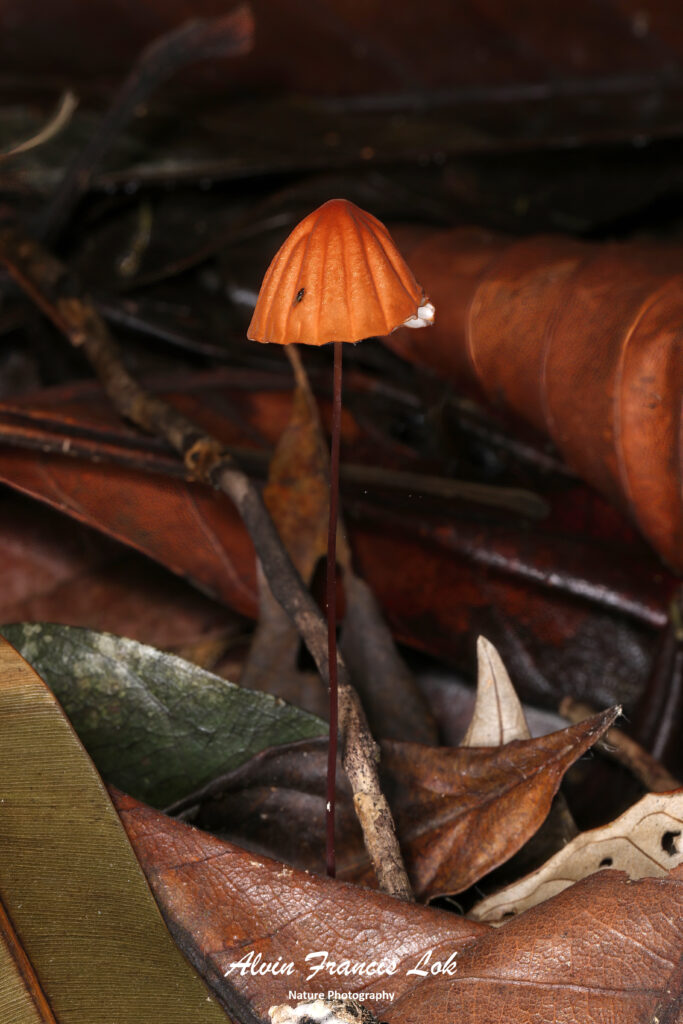
(Singapore)

(Phuket, Thailand)
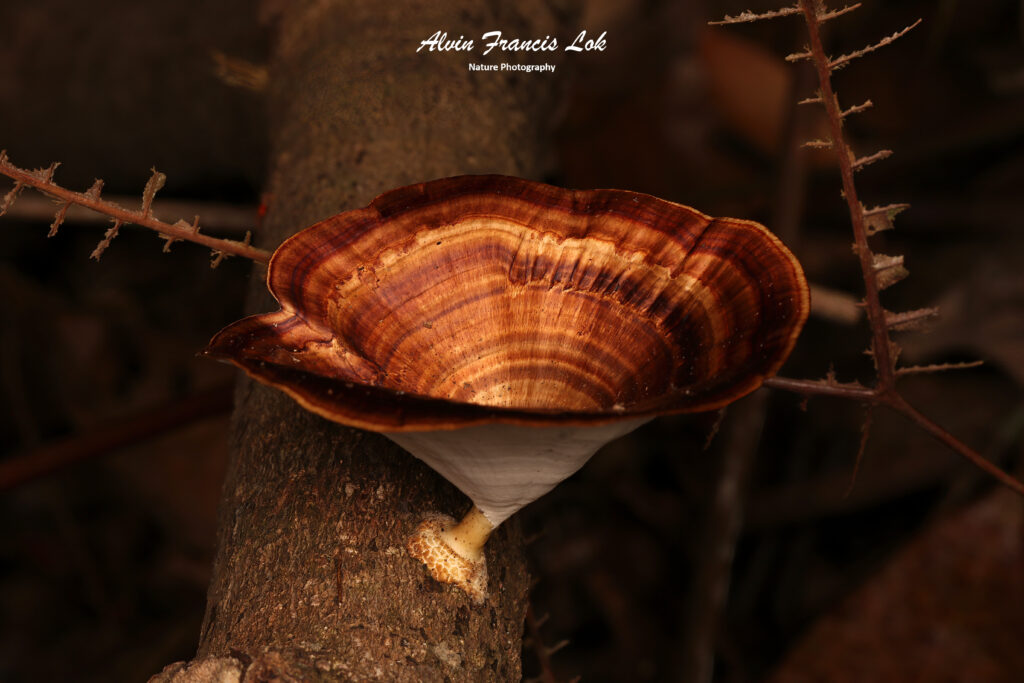
(Singapore)

(Singapore)
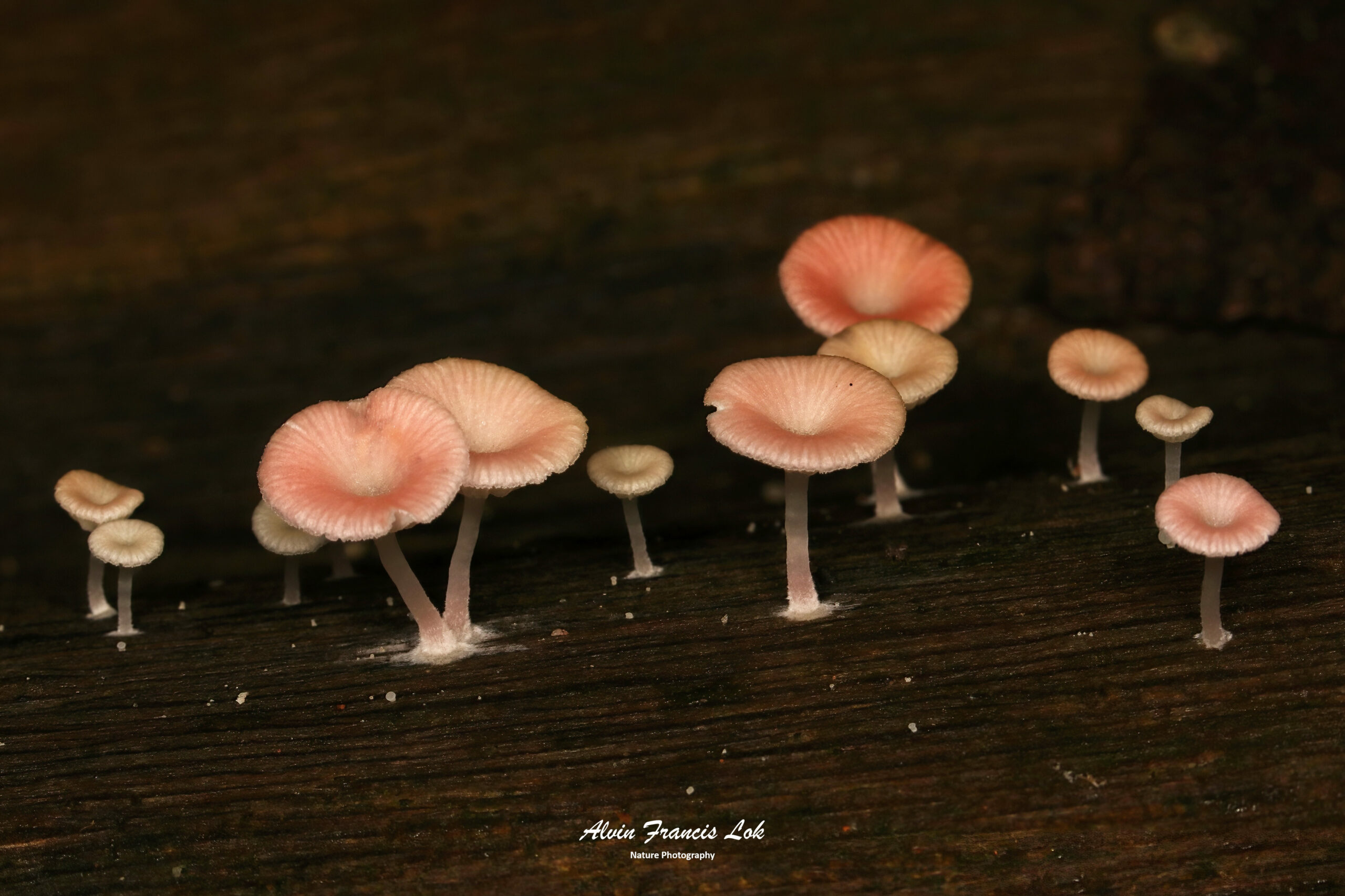
(Singapore)
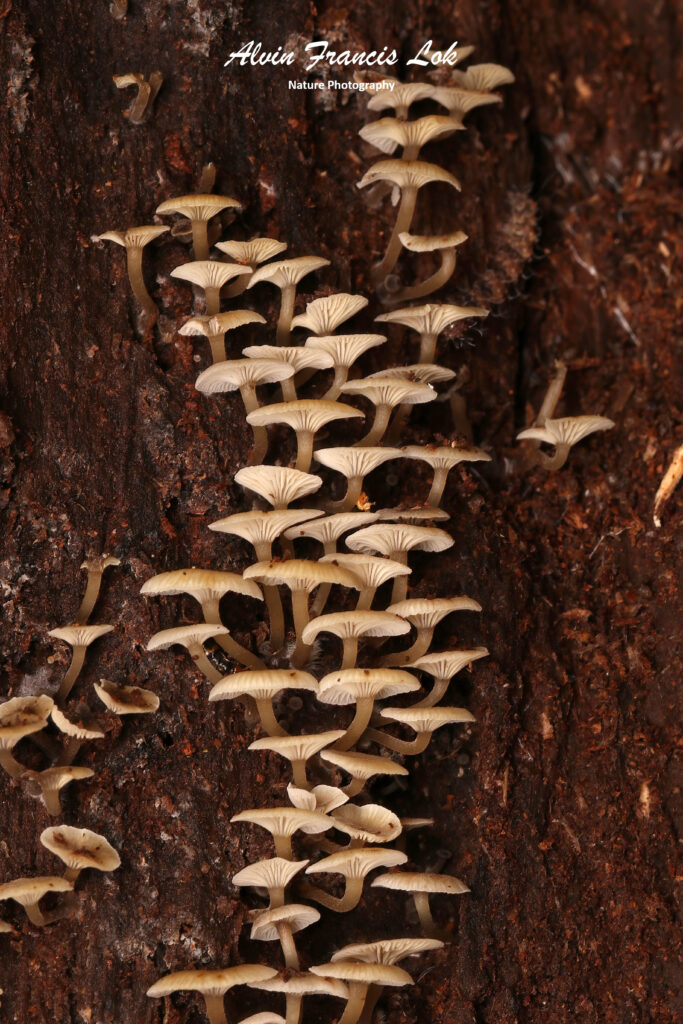
(Singapore)

(Phuket, Thailand)

(Singapore)

(Kinabalu, Malaysia)

(Singapore)
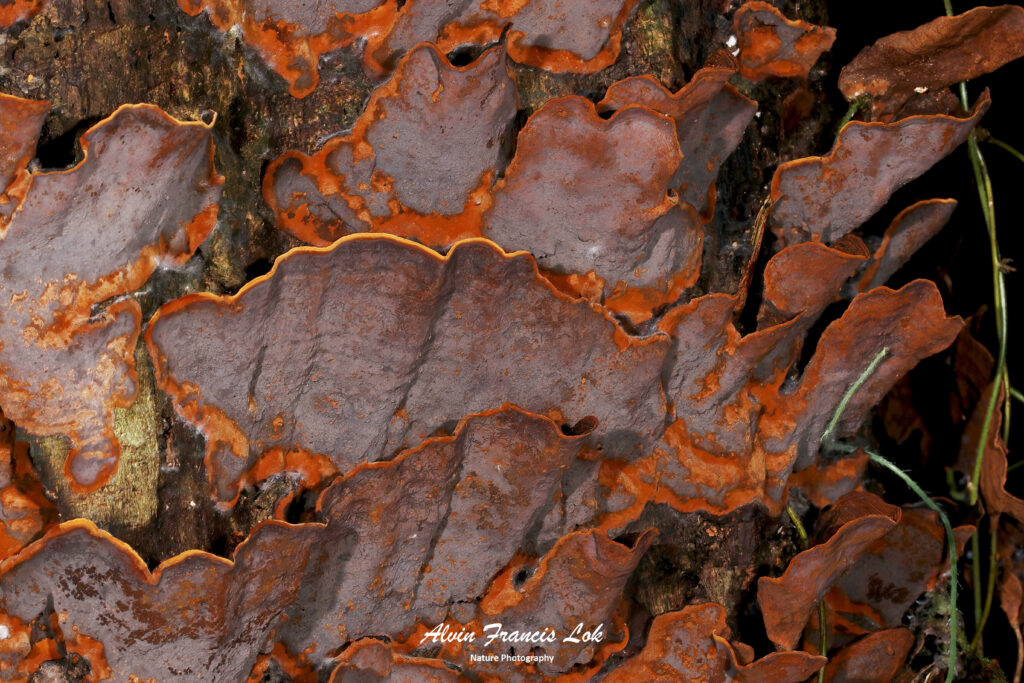
(Singapore)

(Singapore)

(Singapore)

(Sarawak, Malaysia)
Unidentified Fungi


